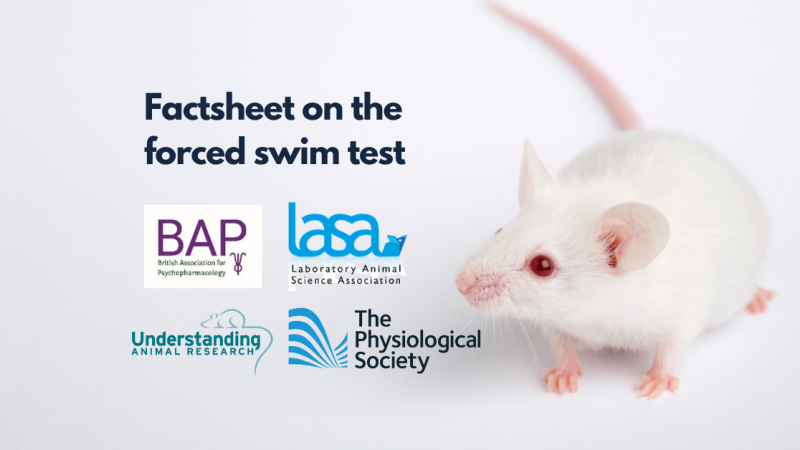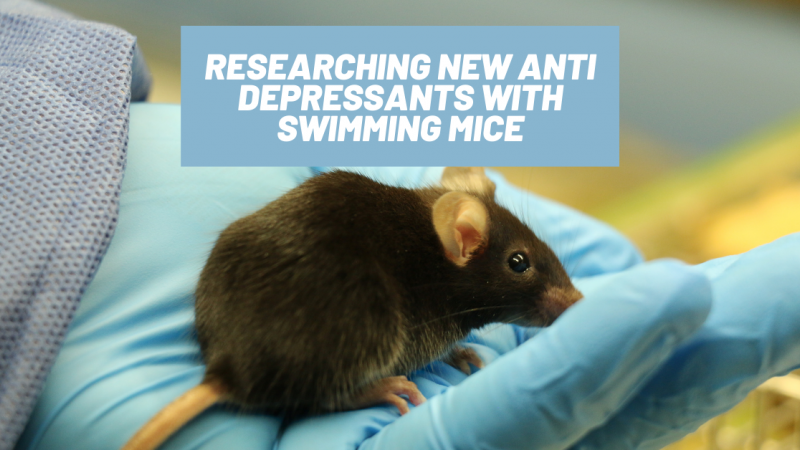
Text to go here...
 Aspirin and other anti-inflammatory medicines taken for pain relief may reduce the effectiveness of antidepressants such as Prozac. The reasons for this are revealed in recent mouse studies.
Aspirin and other anti-inflammatory medicines taken for pain relief may reduce the effectiveness of antidepressants such as Prozac. The reasons for this are revealed in recent mouse studies.
The findings can't prove that these painkillers, called non-steroidal anti-inflammatory drugs, or NSAIDs, stop antidepressants from working. But the possible link is something for patients with depression – and the doctors treating them – to think about when also treating pain and inflammation.
As many as one in five people are affected by major depressive disorders but about one-third of them are resistant to antidepressants. Researchers examined the most widely used type of antidepressants, selective serotonin re-uptake inhibitors or SSRIs (the best-known is Prozac), when taken in combination with ibuprofen, aspirin and naproxen.
In the mouse studies, researchers tracked brain levels of cell-signalling proteins, which are boosted by SSRIs, and found they were counteracted by anti-inflammatory painkillers. Mice that were given both painkiller and antidepressant also did worse on tests measuring their stress and depression than those who just took the antidepressant.
They also analysed data collected from the largest US study on antidepressant use in humans, the STAR*D study of 4,000 adults taken over seven years and published in 2006. Over half of patients not taking painkillers responded to antidepressant therapy, but only 4 in 10 responded among those using anti-inflammatory painkillers.
Previous studies have suggested that anti-inflammatory painkillers may actually boost the potency of two other but less common types of antidepressants, known as tricyclic or noradrenergic antidepressants.
Last edited: 11 January 2022 13:04



